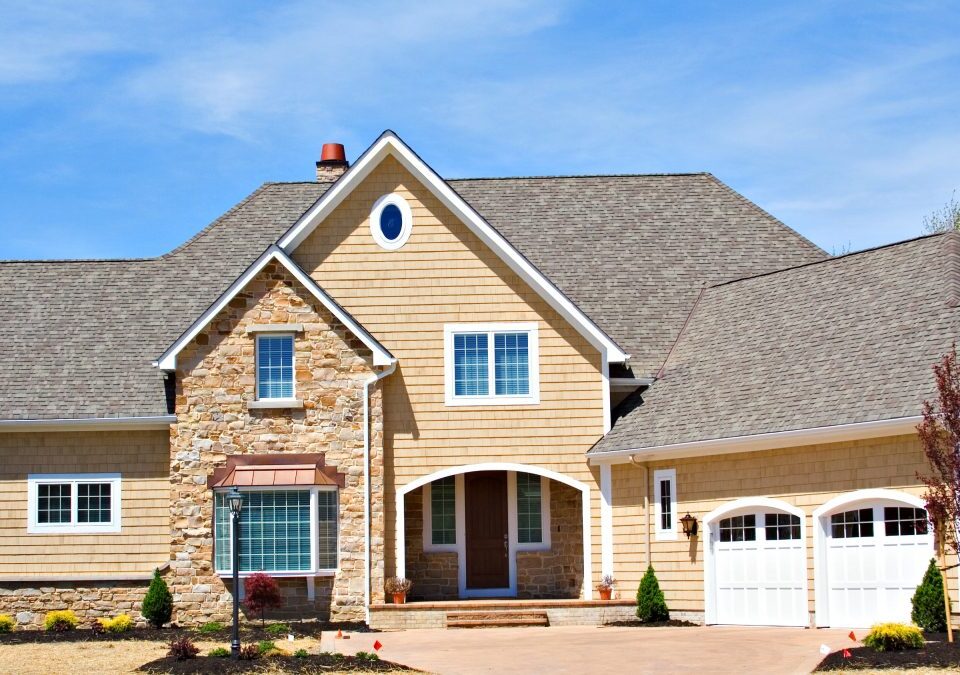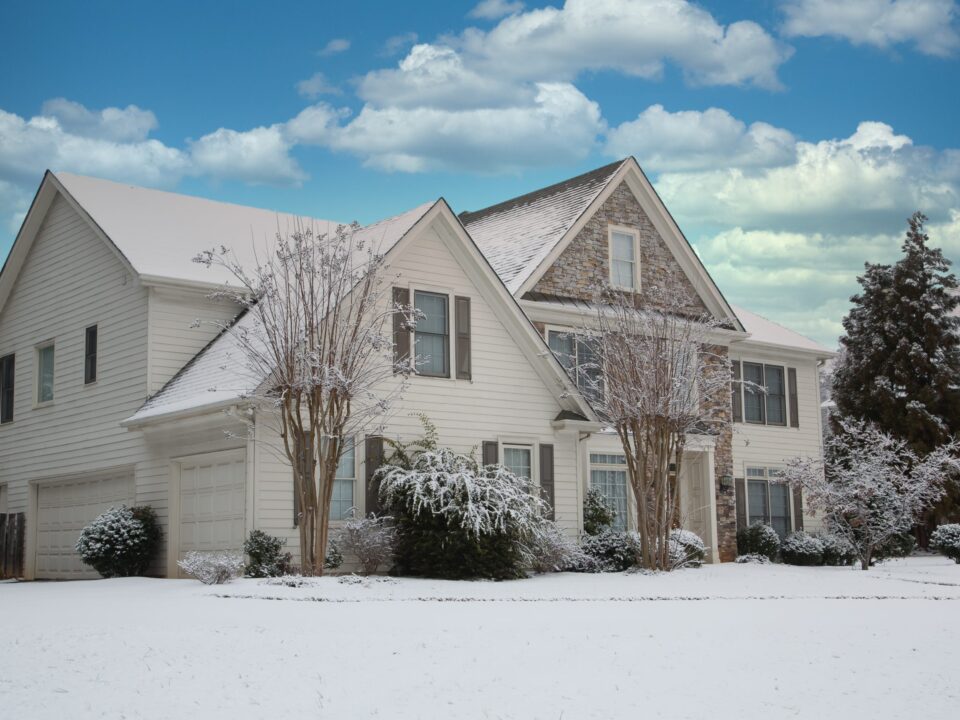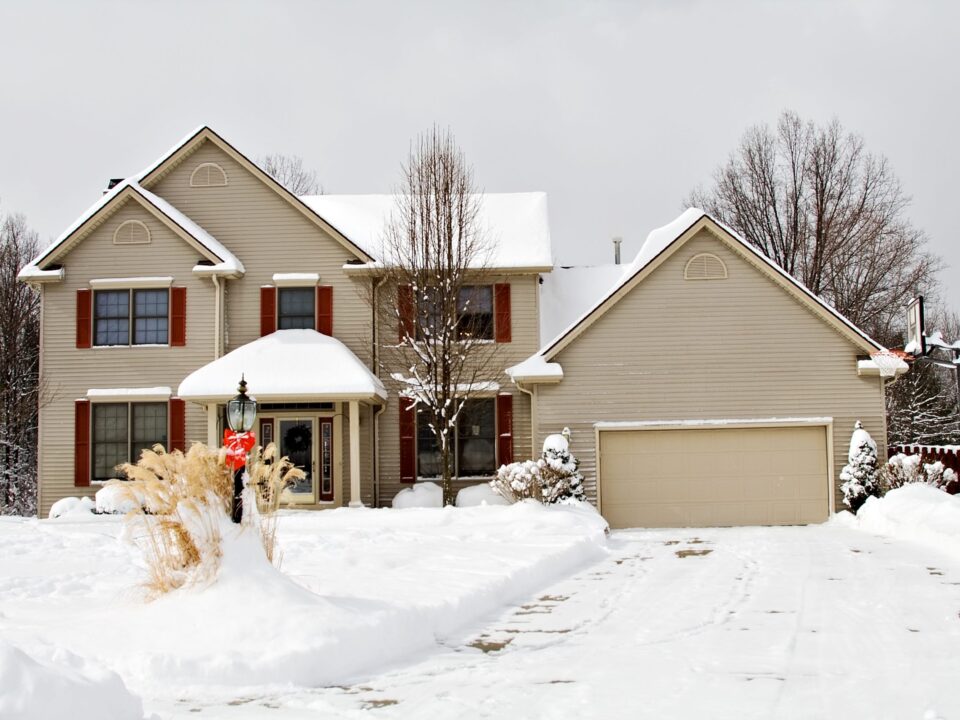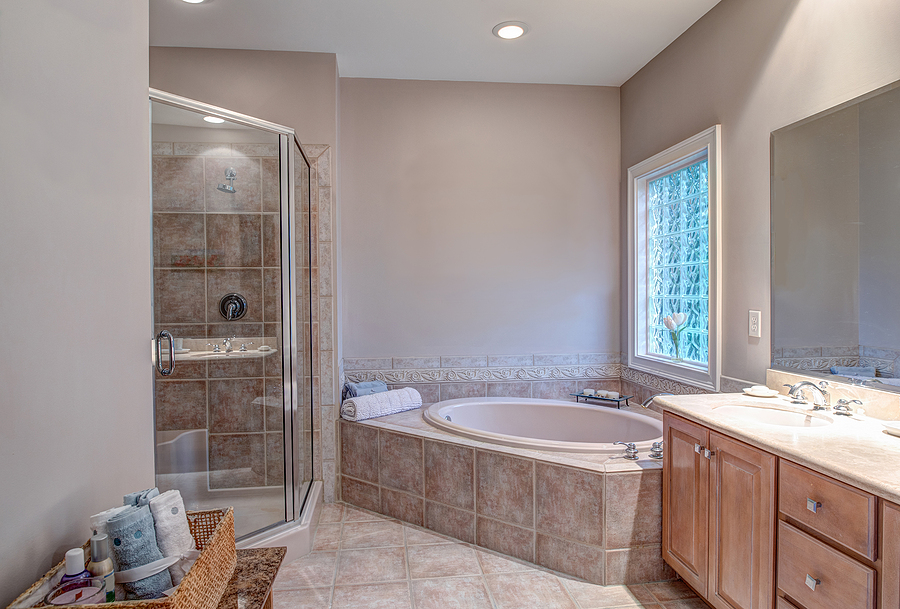
Glass Block Windows Offer Privacy and Security
August 27, 2020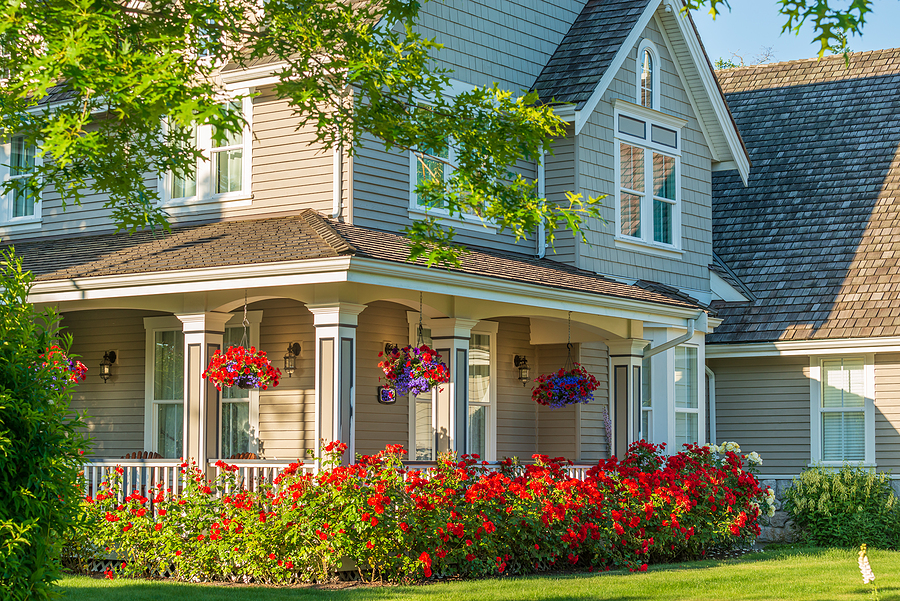
Is it Too Late to Make Exterior Home Improvements?
September 3, 2020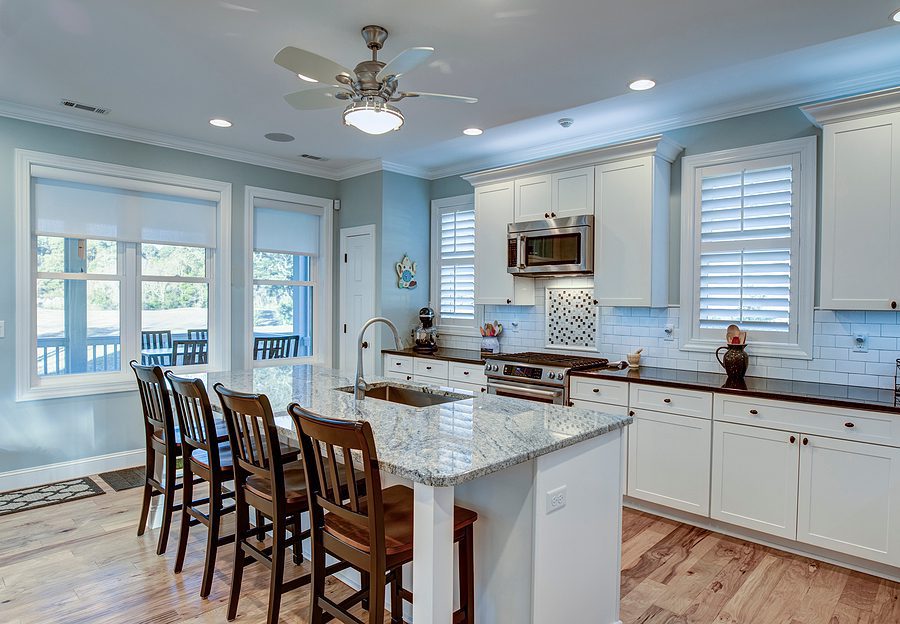
Windows are great at protecting us from nature’s elements, such as wind, snow and rain, and they also help keep our homes insulated from extreme heat and cold. However, if your windows are old, they may be causing more harm than good and can expose your family to potentially dangerous health conditions and safety hazards in your home.
Here are some potential risks of keeping those old windows:
Lead
Lead exposure is one of the most dangerous problems associated with older homes. The paint and windows used in older homes may contain lead, and even stripping the home of lead paint or removing old windows with lead can be risky to your health. Lead poisoning has been linked to high blood pressure and kidney damage, and is especially dangerous to pregnant women and children, since it can affect brain development.
If your home was built before 1978 and you notice any paint chips or peeling around your windows, installing replacement windows immediately, or as soon as possible is a really good idea.
Mold
One danger with older windows is they may lead to mold buildup in the home. When your windows are damaged to the point of failing to insulate your home, this can lead to a serious problem. The differences in temperatures when outdoor air mixes with a home’s indoor air leads to a creation of condensation known as fog. Fog creates a hospitable environment for mold and mildew to form.
Mold is a serious and dangerous problem because mold spores float in the air and can affect all areas of your home, from your food to the air you breath, even leading to respiratory problems and health ailments. In addition, if the condensation becomes severe enough, it can weaken the structure of a home’s interior by dampening wood and seeping into the walls.
Asbestos
If a window frame is old and crumbling, it may contain asbestos which can be extremely harmful to your health. It was common to use asbestos in a variety of structural and home design elements years ago, so if you’re dealing with outdated materials in need of replacing, it’s a good idea to have materials tested before demolition to stay safe.
Reduced Safety for Children
Old windows can quickly become dangerous, especially if there are children or pets in the home. Cracked, broken glass, or warped window frames can compromise the safety and security of your windows.
In addition, many children are seriously injured every year from falling through windows. Newer window models, such as double-hung windows, contain night lock features which can be engaged so the bottom part of the window cannot be opened past a few inches. New windows may also include other safety features, such as only opening at the top half, instead of the bottom, making it a safer option for those with children and pets.
Home Security Risks
Older windows are often less secure than newer windows as locks may not latch or function properly, or the window doesn’t close securely, making it much easier for an unwanted intruder to find an easy way into your home.
Energy Wastes
Older windows are less energy efficient, leading to uncomfortable temperatures in the home. In addition to feeling the poor energy efficiency in the home, you’ll see it in your monthly bills too. New windows will most likely save you more money than you’ll invest in the long run, and your home will be more comfortable.
Storm Damage
When a powerful storm hits, it’s your windows that protect your home from pounding rain, hail, snow, and flying debris. Older windows may not close securely, opening up your home to the possibility of becoming damaged during a major storm.
Since windows provide our home with valuable protection, installing replacement windows should be considered a top priority among homeowners. If you’re interested in learning more about window replacements for your home, contact us today for a virtual appointment. Armorvue Home Exteriors is an industry leader in this area providing homeowners with exterior home improvement upgrades installed by experts in the field. Trust your next exterior home improvement project to us. We have the quality products, experience, and skills needed to get the job done right.
Subscribe to ARMORVUE Home Exteriors’s Blog
Get ARMORVUE Window & Door’s latest articles straight to your inbox. Enter your name and email address below.


